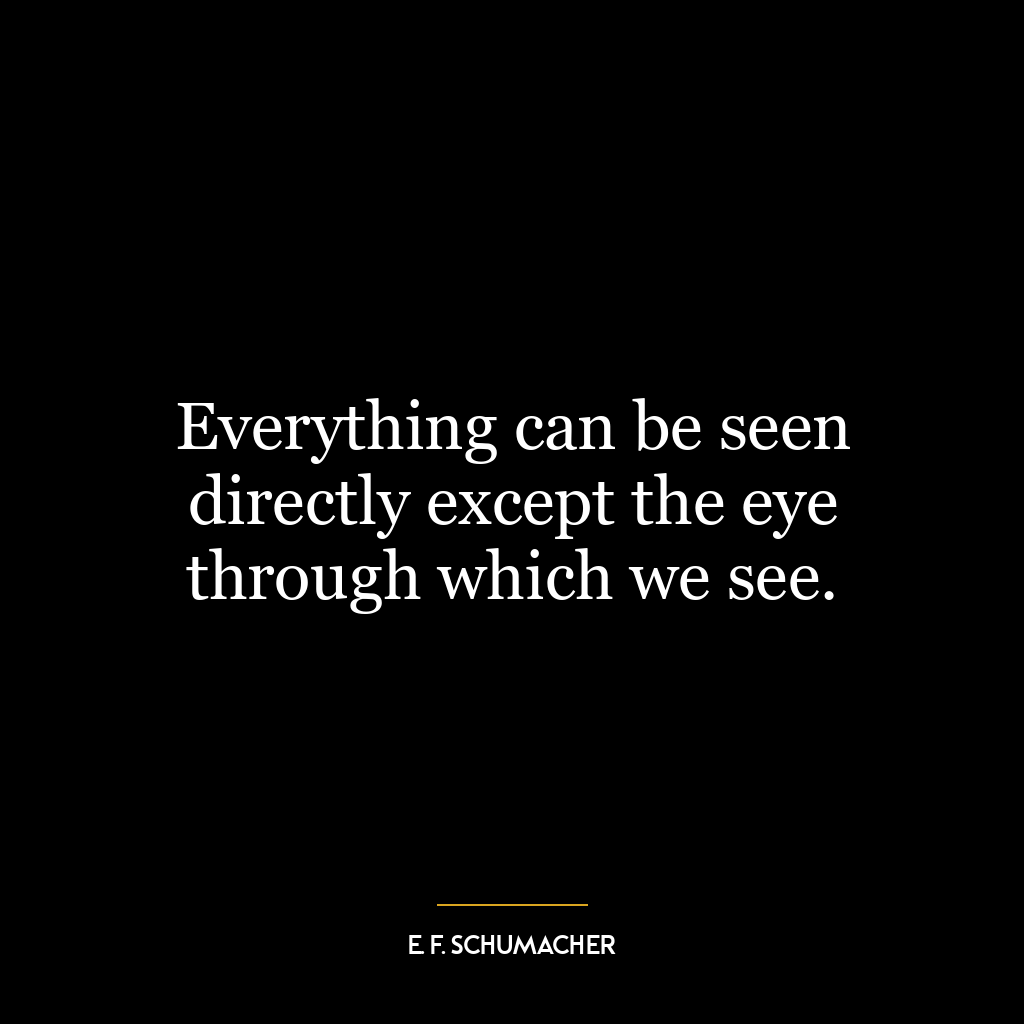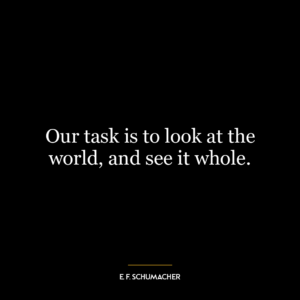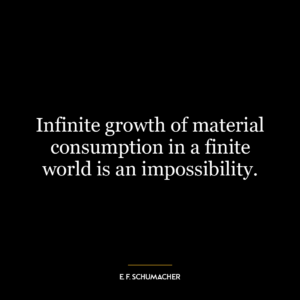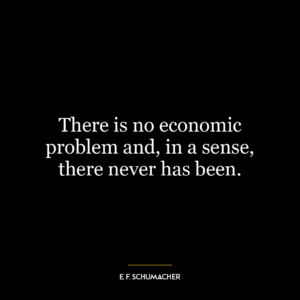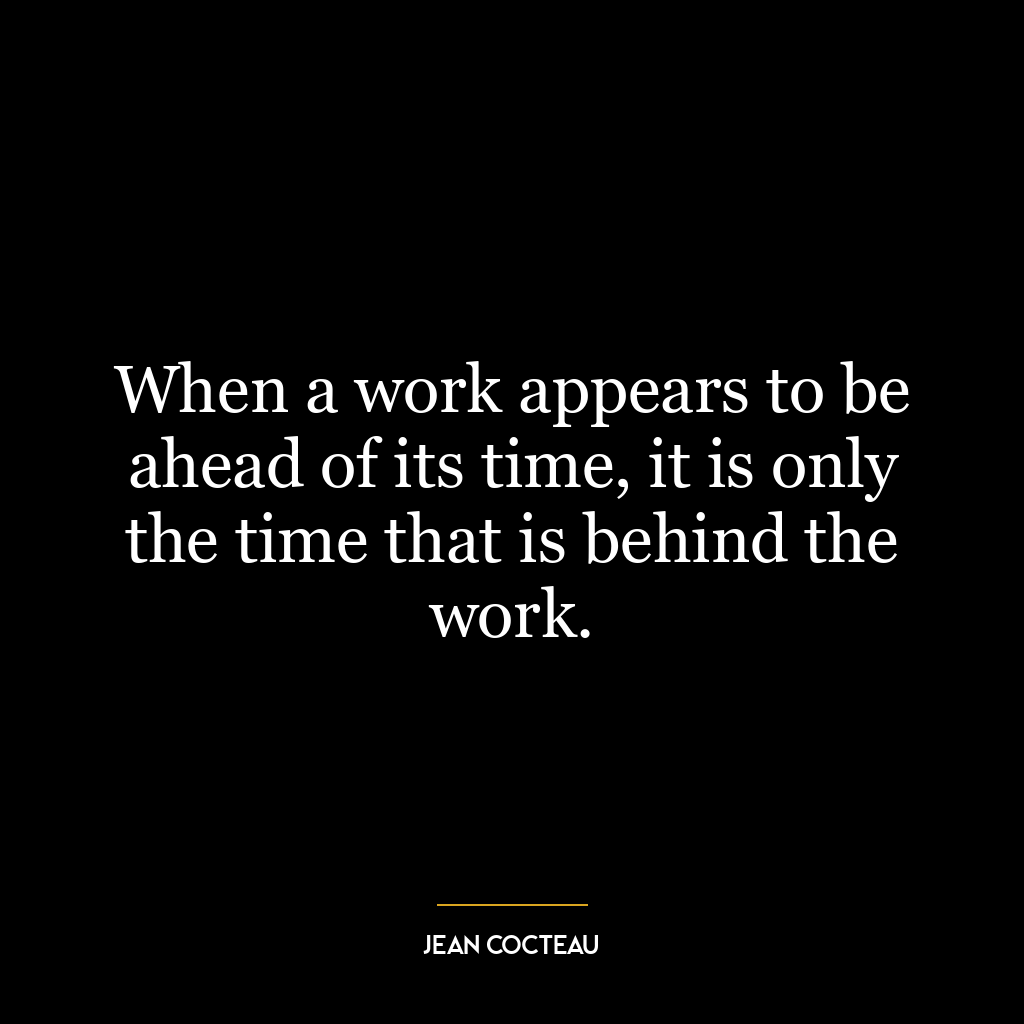Everything can be seen directly except the eye through which we see.
This quote, “Everything can be seen directly except the eye through which we see,” highlights the concept of self-perception and self-awareness. It suggests that while we can observe and understand the world around us, it is often challenging to truly see ourselves objectively. This is because our perception is inherently subjective, influenced by our biases, experiences, and emotions.
Imagine the eye as a metaphor for the self. Just as the eye cannot see itself without a mirror, we often need external tools, feedback, or perspectives to gain a clearer understanding of ourselves. We can see everything around us, but when it comes to self-reflection, it’s more complex. We can’t directly observe our own actions, thoughts, or feelings without some form of introspection or feedback from others.
Applying this idea to today’s world, it reminds us of the importance of self-awareness and introspection in personal development. In an era where external validation, through social media likes and shares, is often given more importance, this quote emphasizes the need to look inward and understand oneself better.
In personal development, it could mean seeking feedback from others to get a clearer picture of our strengths and weaknesses. It could also mean practicing mindfulness or meditation to better understand our thoughts and emotions. By recognizing that our perception of ourselves may be skewed or limited, we can strive to gain a more accurate and holistic understanding of who we are. This can lead to personal growth, improved relationships, and better decision-making.

